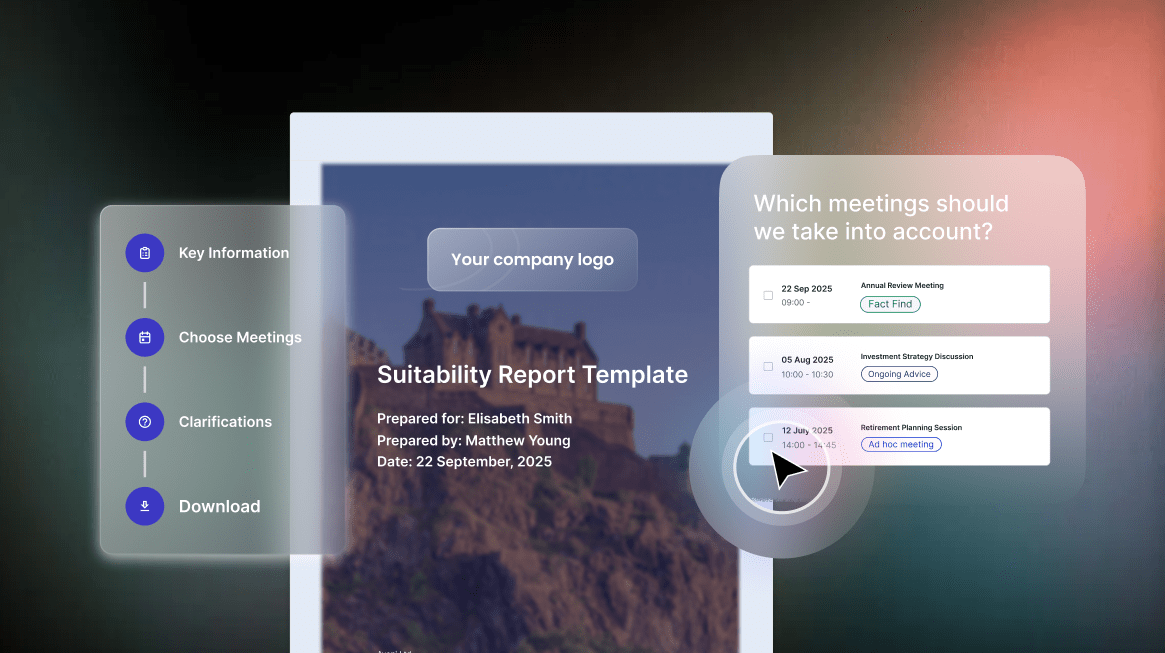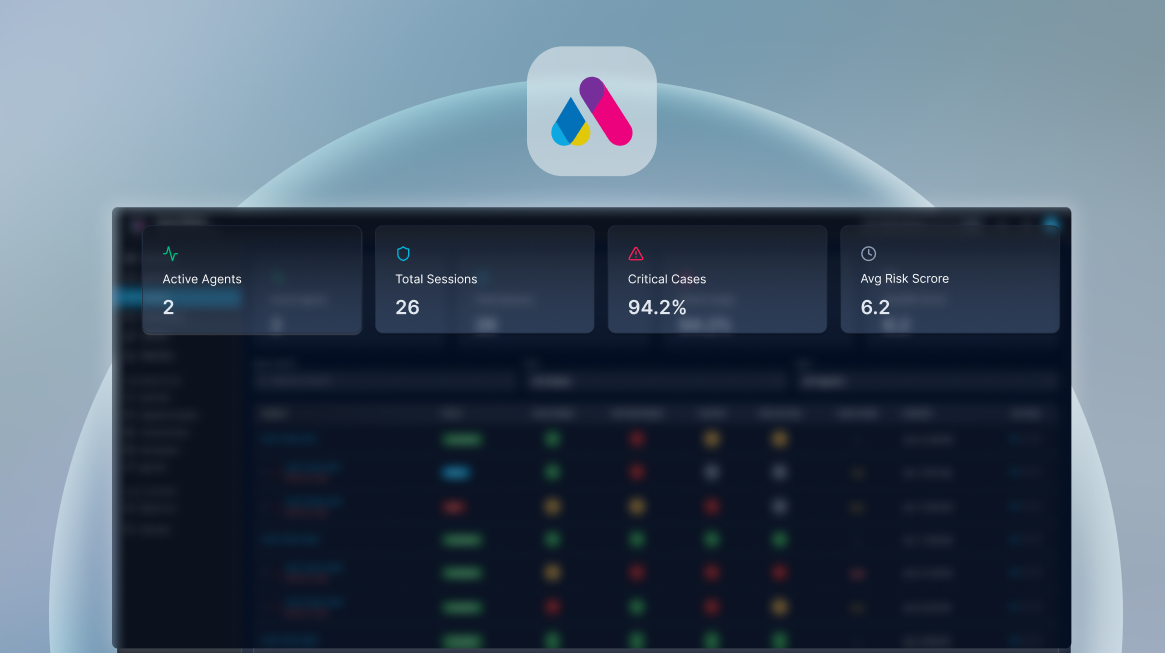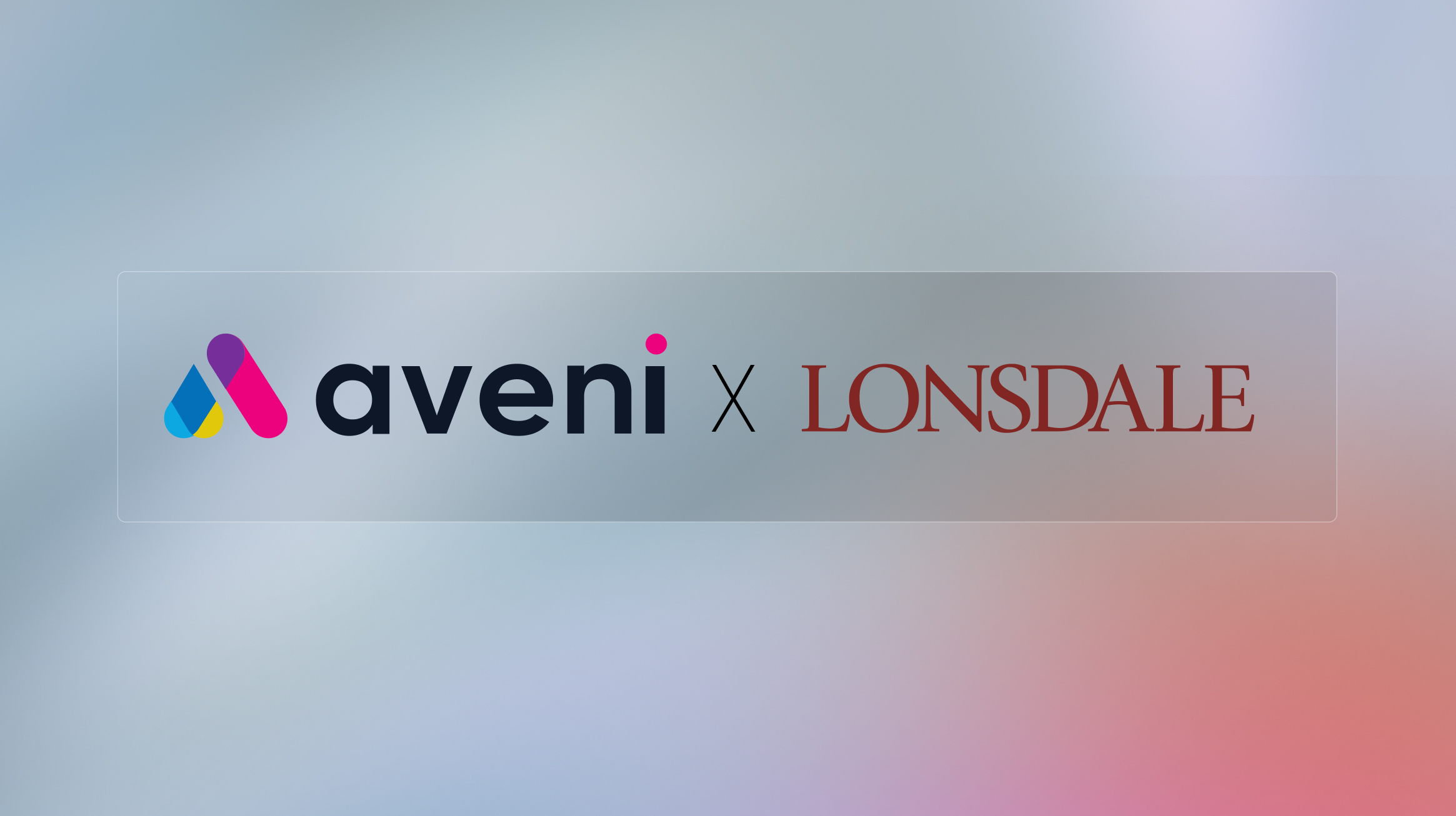Key takeaways
What to tighten after an AI audit
- Clear lineage from model outputs back to source data.
- Explainability that stands up to regulatory scrutiny.
- Governance artefacts: versioning, approvals and change logs.
- Fail-safes and escalation paths embedded in workflows.
The Day After a Failed AI Audit: Why Generic Systems Fall Short in Financial Services
At 8:47 AM on a Tuesday, your compliance team is told the overnight AI audit failed. Again.
By 9:15 AM, your Chief Risk Officer is demanding answers on data lineage.
By 10:30 AM, the FCA has been informed of a potential breach in algorithmic transparency.
By lunch, your legal team is modelling potential fines while Operations scrambles to explain to the board why your AI systems cannot demonstrate Consumer Duty compliance.
AI incident reports have increased by 56.4% between 2023 and 2025 (1). What was once exceptional is now routine, and failures are becoming a regular feature of financial services operations.
The Hidden Cost of Generic AI
Most AI audit failures share three defining traits:
- Cross-jurisdictional exposure creates regulatory blind spots. Cross-border data movement exposes firms to conflicting access laws. Regulators increasingly require transparent explanations of algorithmic decisions, but generic AI systems frequently deliver opaque, black-box outputs. The 2019 Apple Card bias controversy showed this starkly. When women reported dramatically lower credit limits than men with similar finances, Goldman Sachs could not explain how the algorithm worked. Customer service representatives could only respond that “it’s just the algorithm.” Regulators imposed $89 million in penalties, citing inadequate transparency and the bank’s inability to audit its own decision-making system.
- Scale magnifies risk exponentially. The broad reach that makes generic AI attractive also ensures that any failure spreads quickly across entire customer bases. When Knight Capital’s trading algorithm malfunctioned in 2012, a software deployment error activated dormant code that executed 4 million erroneous trades in just 45 minutes. A $440 million loss pushed this leading market maker into bankruptcy within days, showing how algorithmic scale can turn a single error into a threat to survival.
- Proprietary restrictions block essential oversight. Vendors cite trade secrets when asked for explainability, preventing firms from auditing their own systems. The result is governance gaps where institutions cannot confirm compliance with internal policies or regulatory standards.
Learn why traditional AI governance approaches fail in regulated industries →
Download the Complete Strategic Framework
Get Aveni’s complete guide to sovereign AI implementation in financial services
When Audits Fail at Scale
AI compliance breakdowns are rarely isolated. A single weakness can trigger disruption across operations, regulatory exposure, competitive position, and stakeholder trust.
Immediate Operational Impact
Audit failures force firms back to manual work. Advisers revert to paper suitability reports, compliance teams rely on sampling instead of full monitoring, and customer service loses AI-driven insights, slowing resolutions and creating gaps.
The Knight Capital collapse shows the impact. With no manual override in place, its trading system executed 4 million erroneous trades in just 45 minutes, wiping out $440 million and overwhelming the firm’s ability to respond. (3)
A domain-specific AI system would build in circuit breakers and position limits, stopping execution automatically once trade volumes or losses passed set thresholds.
→ Learn how vulnerability detection, QA automation and audit-ready reporting fit into the bigger picture in our roadmap: Consumer Duty Technology: The 2026 Outcomes Guide for Banks and Wealth Managers
Regulatory Exposure
Failed audits trigger mandatory reporting and can lead to tighter supervision, restrictions on new business, and detailed remediation plans.
Citigroup faced this in 2022 when a trader in London entered a £444 billion order instead of £58 million. The system executed £1.4 billion in unintended trades, briefly disrupting European indices. Regulators fined Citi’s UK arm £27.8 million, with further penalties from the PRA. The PRA stated: “The immediate cause of the trading error was a manual input error by the trader, however the Firm’s trading controls should have, but did not, prevent the basket of equities being transmitted to the market in entirety.”
A domain-specific AI system, with contextual safeguards, would have flagged the order size as implausible and blocked it before reaching the market.
Competitive Disadvantage
When one firm reverts to manual fixes, competitors with compliant AI continue to automate and scale. The lost ground often becomes permanent.
Knight Capital’s collapse illustrates this. Clients quickly moved their business to rivals with more resilient systems (3). What began as a technical failure ended as a lasting loss of market position.
A domain-specific AI trading system, equipped with built-in safeguards, would have maintained continuity, protected client relationships, and preserved market standing.
→ See how leading advice networks are cutting file review times from hours to minutes with AI
Stakeholder Trust
Audit failures signal governance inadequacies to boards, investors, and clients. Confidence erodes when firms cannot explain how AI shapes financial outcomes.
The Apple Card case became a viral social media crisis that damaged both Apple and Goldman Sachs brands. When high-profile tech figures publicly questioned discriminatory credit decisions, neither company could provide satisfactory explanations (2). The inability to audit their own algorithm transformed a technical issue into a reputational disaster that continues to influence public perception of AI in finance.
A domain-specific AI system would have included explainable decision-making processes and bias detection calibrated for financial products, enabling clear customer explanations and preventing viral public criticism.
Discover how proper AI governance frameworks prevent audit failures →
Why Sovereign AI Matters
Sovereign AI provides an alternative to retrofitting generic systems. It embeds financial compliance into the core of design and operation.
- Jurisdictional Control: All processing remains within UK borders under FCA and PRA oversight, eliminating exposure to foreign access laws and providing clear audit trails when regulators demand explanations.
- Transparent Decision-Making: Purpose-built systems maintain complete audit trails linking every output to source data. Unlike the Apple Card case, where Goldman Sachs could not explain algorithmic decisions, sovereign AI enables clear regulatory explanations for every recommendation (2).
- Domain-Specific Safety: Built-in safeguards designed for financial contexts. Trading systems include circuit breakers and position limits that could have prevented Knight Capital’s disaster. Credit systems include bias detection calibrated for UK financial products (3).
- Governance by Design: Independent ethics boards, escalation pathways, and continuous monitoring are built into development and deployment from the outset.
Aveni’s FinLLM, developed in partnership with Lloyds Banking Group and Nationwide, applies these principles in practice. Each recommendation is linked to verifiable data, all processing remains within agreed UK boundaries, and governance frameworks are aligned with FCA requirements while still supporting innovation.
Explore how leading institutions build AI safety frameworks that pass regulatory scrutiny →
Preparing for Your Next Audit
Firms that adopt sovereign AI principles gain more than risk protection; they also secure long-term structural advantages.
- The cost of failure: Knight Capital’s collapse wiped out shareholder value, Goldman Sachs suffered reputational fallout from the Apple Card controversy, and Citigroup remains under enhanced supervision after its trading error. These examples show that penalties are only one part of the lasting damage.
- Sovereign AI builds regulatory moats. Firms can differentiate through provable data sovereignty, algorithmic transparency, and compliance readiness that generic systems cannot match.
- Phased implementations reduce risk. Starting with pilot programmes allows gradual adaptation whilst maintaining regulatory alignment throughout deployment.
- Domain expertise accelerates innovation. Purpose-built financial AI enables faster deployment of compliant capabilities, turning governance from constraint into competitive advantage.
Learn how sovereign AI principles accelerate compliant innovation →
The Choice Facing Leaders
Consumer trust in AI across financial services remains fragile, especially after high-profile failures like Goldman Sach’s Apple Card controversy showed how quickly discriminatory decisions can damage reputation.
Regulation is also moving quickly. The EU AI Act, strengthened Consumer Duty rules, and sector-specific guidance mean generic AI will only fall further behind. The firms that have already suffered failures are cautionary tales of what happens when compliance gaps are left unchecked.
Operationally, generic tools create more noise than insight. More than 99 percent of sanctions alerts from traditional systems are false positives. Banks using domain-specific AI have cut this by 25 to 30 percent, giving compliance teams more time to focus on genuine risks (6).
The real decision for leaders is not whether to adopt AI but how to adopt it. Knight Capital, Goldman Sachs, and Citigroup all show the cost of getting it wrong. In financial services, reputation takes decades to build but can disappear in days. Sovereign AI offers a path that strengthens resilience, proves compliance, and preserves trust.
→ Discover the steps for financial firms should take in order to drive proper adviser AI adoption
Turn audit risk into a governance advantage
Explore how Aveni FinLLM, Aveni Assist and Aveni Detect embed explainability and evidence into daily operations.
About Aveni’s Sovereign AI Approach
Aveni develops FinLLM with Lloyds Banking Group, Nationwide, and the University of Edinburgh. Our sovereign AI approach combines rigorous governance with the flexibility to innovate inside regulatory boundaries.
- https://hai.stanford.edu/ai-index/2025-ai-index-report/responsible-ai
- https://www.bbc.co.uk/news/business-50365609
- https://www.reuters.com/article/business/knight-capital-posts-3899-million-loss-on-trading-glitch-idUSBRE89G0HJ/
- https://www.fca.org.uk/news/press-releases/fca-fines-cgml-27-million
- https://arxiv.org/html/2502.02290v1
- https://www.swift.com/standards/iso-20022/supercharge-your-payments-business/chapter-5









